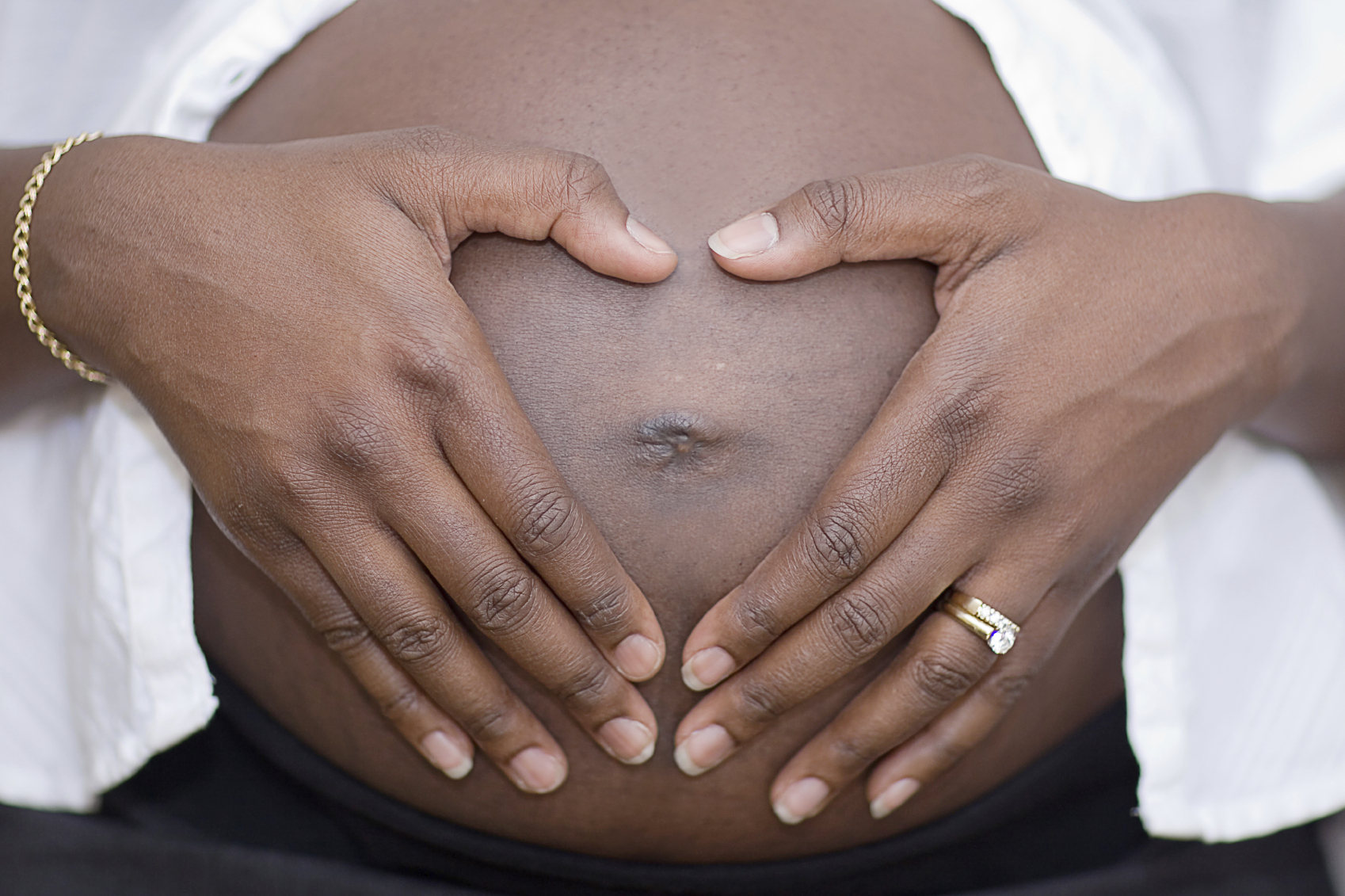Prime
Sickle cell and pregnancy: What are the risks?

Pregnant sicklers are advised to take iron supplements because anaemia is a common complication for them. PHOTO | COURTESY
What you need to know:
- When a mother with SCD conceives, her pregnancy is considered high risk and should be managed by a multi-disciplinary team to mitigate risks. Antenatal care should be focused on identifying risks and manage them early.
Ruth Nankanja Mukiibi, (48) is a mother of three. Because she has sickle cell disease (SCD), her doctor was against the idea of her her conceiving saying she would either have a miscarriage, a child with a low birth weight and or would be transfused frequently. He also worried that she would have a still birth, or be hospitalised in the last month of her pregnancy. Even her husband was against it but she became pregnant anyway.
The founder and executive director of the Sickle Cell Association of Uganda informed her mother who recommended consulting a gynaecologist as soon as possible. With the baby on board, she knew that she had to stay hydrated. She would take five litres of fluids daily, have plenty of rest, eat a balanced diet with plenty of fruits and vegetables, and ensured that she took her folic acid, iron supplements and half a kilogramme of fresh beetroot every day.
Five months into the pregnancy, she started taking supplements such as anti-stressors, royal jelly to boost her appetite, calcium for strong bones, garlic supplements for her immune system and with these, she was able to work until when she got labour pains.
“My baby weighed 2.9 kgs and I had to deliver through C-section. Fortunately, because I had enough blood, I did not need a transfusion. I stayed in hospital for only six days and left with no complications,” she says, adding that any woman with sickle cell disease can give birth. It takes a change of mindset, being ready as a couple and knowing how you will be able to go through the whole process.
Complications
Imelda Namagembe (27) also suffers from sickle cell disease. The teacher conceived in 2014 and in the early stages of her pregnancy, she did not get any complications. However, in the eighth month, Namagembe developed cough and flu.
“Whenever I coughed, I noticed a colourless discharge and being a first time mother, I thought it was urine. Two weeks later, when I went to hospital, the doctor noticed that I had lost weight and recommended that I do a scan.
The scan showed that I had been losing amniotic fluid so the doctor recommended a C-section in order to save the baby whose heart rate had reduced.
“During the operation, I had to be transfused with three pints of blood because I was severely anaemic and required to be on oxygen because I had difficulty breathing. Fortunately, my baby did not have any developmental challenges so we stayed in hospital for only two weeks,” she says.
Tests
Dr Henry Ddungu, a haematologist at Mulago National Referral Hospital, says before marriage, a woman with sickle cell disease should ensure that their partner has no sickle cell trait (neither a sickler nor a carrier) and also see a counselor with their partner for gene counselling.
Because such a pregnancy is considered high risk, before conceiving, the woman should be stable (without any complications) and must have been taking hydroxyurea (medication given to sicklers) for a while.
Since some medicines affect a growing foetus, he recommends that such mothers temporarily stop taking the hydroxyurea for the first three months of the pregnancy but continue taking folic acid to boost their blood levels as well as prevent neurological defects. They should also take anti-malarials.
Dr Ddungu advises such mothers to eat foods rich in iron and if possible, take iron supplements because anaemia is a common complication for pregnant siclklers, who oftentimes require blood transfusion. They should also avoid extremes of temperatures, dehydration and engage in less strenuous exercises.
Dr Junior Ndozire, a gynaecologist at Kawempe National Referral Hospital, says although most pregnancies are complicated, sickle cell disease increases the risk of obstetrical and faetal complications, as well as medical complications. These risks are due to the metabolic demands, increased risk to form clots, and vascular stasis associated with pregnancy.
He says: “Because of these risks, every woman with sickle cell disease in the reproductive age should undergo pre-conception assessment and genetic counselling to receive information on the course of SCD in pregnancy, the effect of SCD on pregnancy, and infant outcome.”
Tests done
●Taking clinical history and examining the woman to know how many episodes of pain she gets, any admissions and complications, among others.
●To confirm the diagnosis if just suspected.
●Measurement of blood pressure, which can be a complication of SCD and is likely to complicate the pregnancy with preeclampsia superimposition.
●Evaluate the eyes to check for sickle cell retinopathy, which can worsen during pregnancy.
●Check baseline organ function such as the kidneys, liver, and heart function, among others.
●Check haemoglobin and Iron levels.
●Check for infections in the blood and urine, Hepatitis B and C, malaria and HIV, among others.
●Check chest function as these women are prone to pulmonary edema and this worsens with pregnancy.
●Test partner for SCD or trait since this affects the baby’s health status.
“In order to have a good experience during pregnancy, all these must be done and if there is any complication that is likely to affect the pregnancy or the baby, pregnancy is postponed till the patient is optimised,” Dr Ndozire warns.




